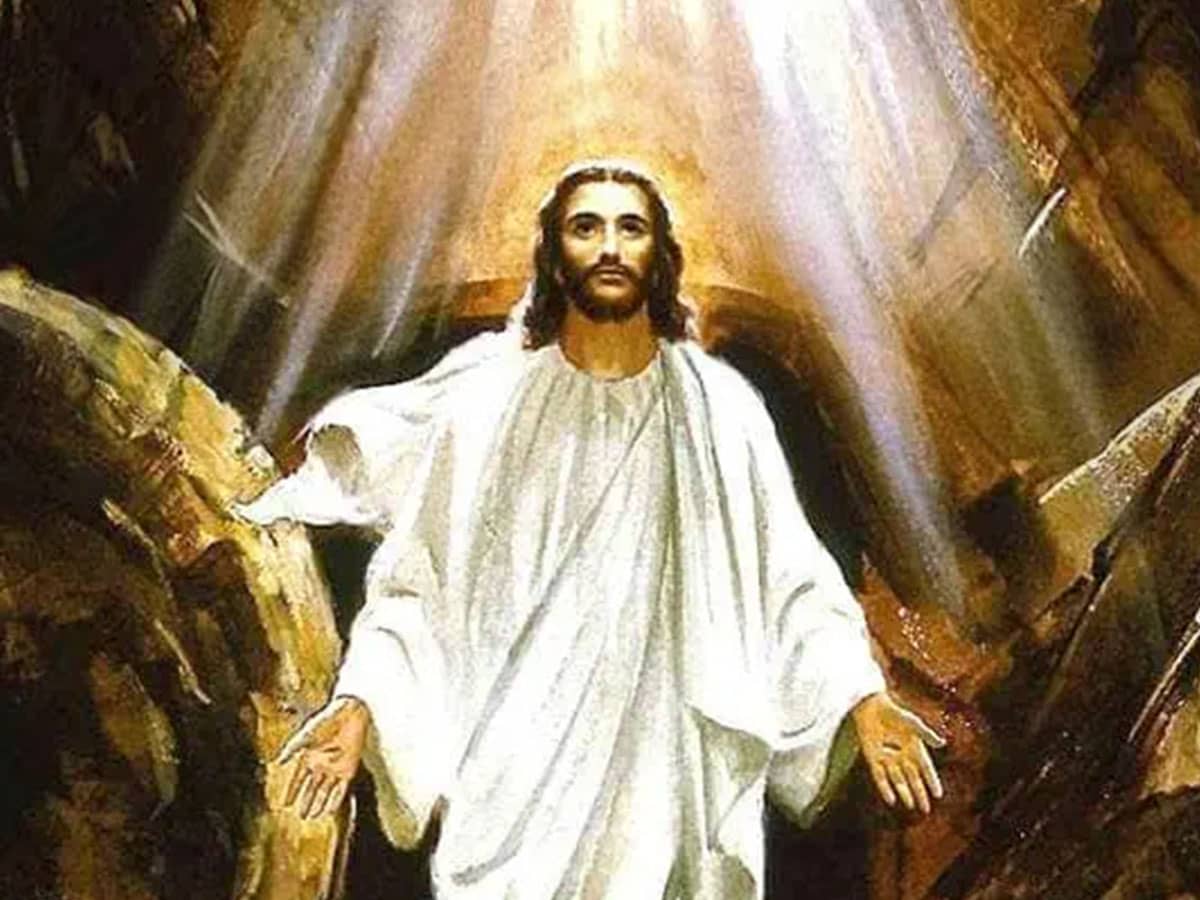Advent is back. More and more churches, even non-liturgical types, are rediscovering the Advent alternative. As the holiday (read: shopping) season starts earlier and earlier, backing into mid-autumn, increasing numbers of Christians are saying “Enough!” and recovering ancient Christmas traditions.
And a good alternative it is. Observing Advent allows us to stop, slow down, and prayerfully consider a distinctively Christian approach to preparing for Christmas.
In our capitalistic empire, where Christmas is a jumble of consumer rites and days massed into one undifferentiated retail immersion experience—PostHallowsThankspendingChrisYear—Advent is a resistance movement. There are real advantages to a season of intentional silence, reflection, and building anticipation for a genuine Christian festival of the incarnation. Advent gives us the chance to engage a unique set of practices, to culturally swim upstream. (Check out www.adventconspiracy.org for practical ways to do this.)
Advent can truly be a new beginning, a blessed reprieve, a slow-growing awareness of a coming presence.
But, wait. There is another problem lurking here.
Advent leads to Christmas, and a mighty celebration it is. Get-togethers and parties abound. Carols and anthems are everywhere, and while some are silly, others are magnificent, providing some of the most beautiful, moving and theologically profound moments in the Christian music tradition. There’s gift-giving, bright decorations, special services. For most churches, it's the climax of the year.
And then Christmas leads to...what? The New Year’s hullabaloo tends to obliterate the supposedly ongoing Christmas celebration. (It's supposed to be 12 days, remember?) The season of Epiphany comes next, but by then many Christians check out of the process. Even higher church folks lose their enthusiasm. Epiphawha? A vague sense of Lent’s gradual approach persists for some, but mostly there is a feeling of having been spent and a settling into winter’s repose.
But remember, with the first Sunday of Advent, we begin a church YEAR! So what gives? Twenty-something days, and the crescendo has already passed? That's not a grand story. It's barely a short story.
Christmas is not the crown jewel of the Christian year. Don’t get me wrong: the birth of the Messiah is an important development in the ongoing drama. It’s worth a liturgical surge. But it’s a precursor, a promise of things to come, not the earth-shattering culmination. The true king’s identity has been revealed, but that’s not the end of it. The Bible gives a few pages to the infancy stories, and not all the gospel writers even mention it.
We pull out all the stops for this early act in the drama, but the grand finale is still on the horizon.
Consider how the Christian story goes, and see where you think the emphasis falls:
The king grows up in secrecy and only at the right moment publicly announces a reign that will turn the tables on a vicious, violent world. But the current prince of this world enjoys watching cynical schemers destroy each other and stain the earth. He will not give away his entertainment without a fight. The king and the prince engage in epic struggle. Then, tragically, to every evidence, the battle is lost. The good king dies and the dark realm seems untouched. But, then...
New Testament scholar and Anglican luminary N.T. Wright reminds us in his essential book, Surprised By Hope, that Easter is our greatest festival, our finest day. The good bishop is right. It is a scandal within Christianity that Easter can be reduced to a "celebration" that lasts a few hours on one Sunday morning, while Christmas songs are piped into our ears from mid-October on. Even solemn Lent lasts for weeks. Meanwhile, the resurrection from the dead, the coming of the new creation, gets relegated to this?
How meager our resurrection celebration! Where are our Easter feasts? Why are the trumpets silent on Easter Monday? Is anyone still dancing and shouting? What new things do we bring to our world? What good do we do? How is the power of a resurgent life shown to be real? Why was the baby even born?
We are part of a living Christian tradition. We should introduce new, life-giving Easter practices: partner with other churches to host hearty Resurrection Festivals; make sure the whole community is invited and offer food, games and live music. Take up special new projects to help the poor. Be extraordinarily generous. Plant a garden (it’s not an accident that Easter is in the spring). Gather frequently and joyfully with family and friends. Worship God exuberantly.
By all means, immerse yourself in Advent and prepare for Christmas. Begin the cycle. But save yourself for the moment that really matters. The final battle will be faced, the decisive victory won. Be there when it happens. Don’t lose your seasonal moorings. Don’t exhaust your spiritual resources in mere December. Easter is the thing.

